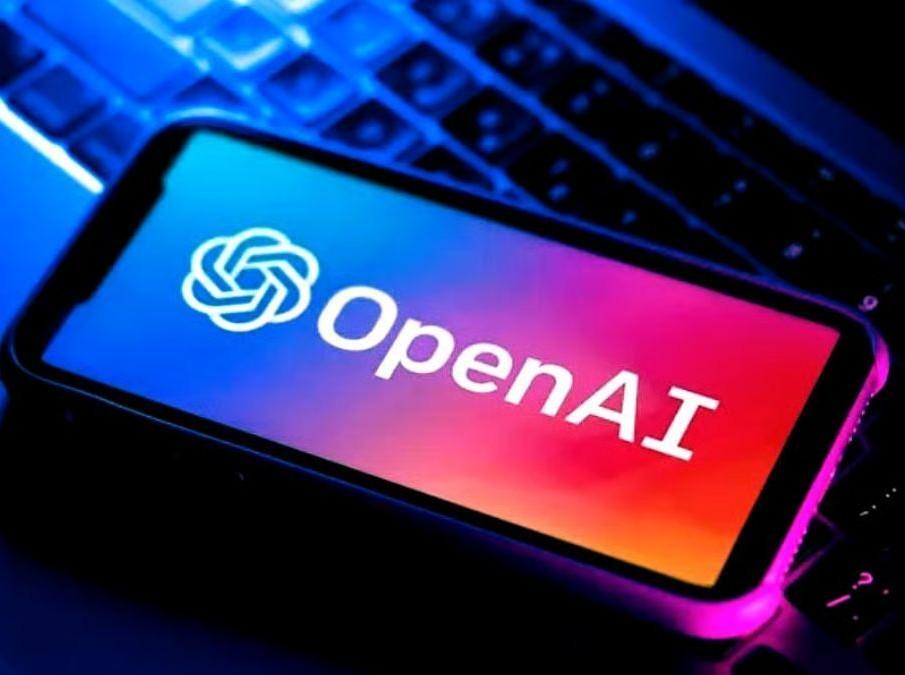
OpenAI Releases Downloadable AI Models for Public, Offline Use
In a groundbreaking move, OpenAI has released two AI models, gpt-oss-120b and gpt-oss-20b, which can be downloaded and run on a personal computer. This decision marks a significant shift in the organization’s approach to sharing its AI technology, allowing anyone to access and control the models without requiring internet access, expensive subscriptions, or permission from OpenAI.
The release of these models is a major development in the AI community, as it provides individuals and organizations with the ability to use powerful AI tools without being tied to the cloud or reliant on third-party services. This newfound autonomy is expected to have far-reaching implications for various industries and applications, from education and research to healthcare and entertainment.
What are gpt-oss-120b and gpt-oss-20b?
The two AI models released by OpenAI are based on the transformer architecture, which is a popular choice for natural language processing tasks. The “gpt” in the model names stands for “generative pre-training,” which refers to the process of training the model on a vast amount of text data to generate coherent and contextually relevant text.
gpt-oss-120b is a larger model, with 120 billion parameters, which enables it to generate more accurate and detailed text. gpt-oss-20b, on the other hand, is a smaller model with 20 billion parameters, making it more suitable for smaller-scale applications or those with limited computational resources.
Why is this a big deal?
The release of these models is significant for several reasons:
- Control and ownership: By downloading and running the models on their own computers, individuals and organizations can control the AI technology and own the data it processes. This eliminates the need for reliance on cloud services or third-party providers, which can be a major concern for data security and privacy.
- Offline access: The models can be used without internet access, making them ideal for applications where connectivity is limited or unreliable, such as in remote areas or during times of crisis.
- Cost-effective: The models do not require expensive subscriptions or licensing fees, making them more accessible to a wider range of users and organizations.
- Customization: With the ability to run the models on their own computers, users can customize and modify the models to suit their specific needs and applications.
- Research and development: The release of these models will likely lead to increased research and development in the field of AI, as scientists and developers can now experiment and innovate without being limited by access to cloud services or third-party providers.
What are the implications?
The release of these models has far-reaching implications for various industries and applications, including:
- Education: The models can be used to create personalized learning experiences, generate educational content, and assist with language learning.
- Healthcare: The models can be used to analyze medical texts, generate patient summaries, and assist with language translation for patients with limited English proficiency.
- Entertainment: The models can be used to generate dialogue for movies, TV shows, and video games, as well as create personalized recommendations for music and movies.
- Business: The models can be used to generate marketing copy, analyze customer feedback, and create personalized customer service responses.
Conclusion
The release of gpt-oss-120b and gpt-oss-20b by OpenAI is a significant development in the field of AI, providing individuals and organizations with the ability to access and control powerful AI technology without being tied to the cloud or reliant on third-party services. This newfound autonomy is expected to have far-reaching implications for various industries and applications, and will likely lead to increased innovation and research in the field of AI.






